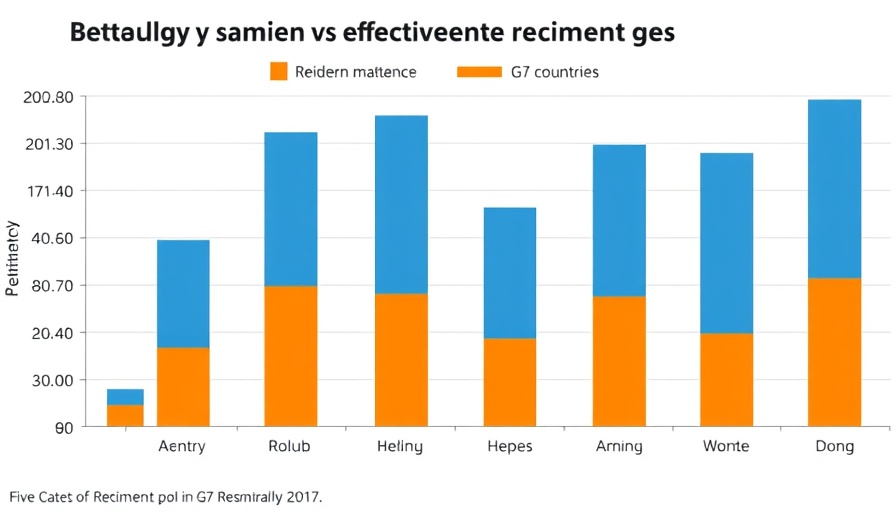
Workday's AI Bias Case: A Groundbreaking Collective Action
In an unprecedented ruling, Workday Inc. will face a collective-action lawsuit alleging that its AI-based hiring system discriminated against applicants aged 40 and older. This decision, made by Judge Rita Lin in California's Northern District Court, underscores the growing scrutiny of AI technologies in hiring processes and highlights the need for organizations to reassess their workforce strategies.
Understanding the Implications of AI Bias
The lawsuit, driven by allegations that the company’s artificial intelligence disproportionately rejected older candidates, raises significant questions about the fairness of automated systems. The plaintiffs argue that such discriminatory practices violate the Age Discrimination in Employment Act (ADEA), necessitating a closer look at how algorithms can perpetuate bias.
With Workday indicating the potential class could expand to 'hundreds of millions' of applicants, it emphasizes the importance of talent management and effective leadership development practices. Companies must ensure their AI tools are designed with equity in mind, taking proactive steps to mitigate biases embedded in algorithms.
What This Means for Organizational Leadership
For CHROs and Chief People Officers, this case serves as a pivotal reminder of the responsibilities tied to workforce optimization and employee engagement. Leaders need to champion people-first strategies that prioritize inclusion and diversity, not only in hiring practices but throughout the employee lifecycle.
The ruling also shines a light on the relevance of HR metrics in assessing the impact of technology on employee performance. As the case progresses, it may push organizations to reevaluate their succession planning efforts, ensuring that talent pools reflect diverse age groups and experiences.
Future Insights on AI and Employment
As organizations increasingly rely on AI to streamline operations, understanding the associated risks is crucial. This case could set a precedent that influences future regulations on automated hiring systems. Leaders should prepare for a changing landscape where accountability for tech-driven decisions becomes integral to high-performance culture.
Call to Action
As we witness this landmark case unfold, it's vital for business leaders to engage in discussions about transparency and fairness in AI applications. Is your organization prepared to tackle these challenges? Make sure your policies evolve in response to ongoing legal developments and foster a workforce that values every individual’s contribution.
 Add Row
Add Row  Add
Add 




Write A Comment